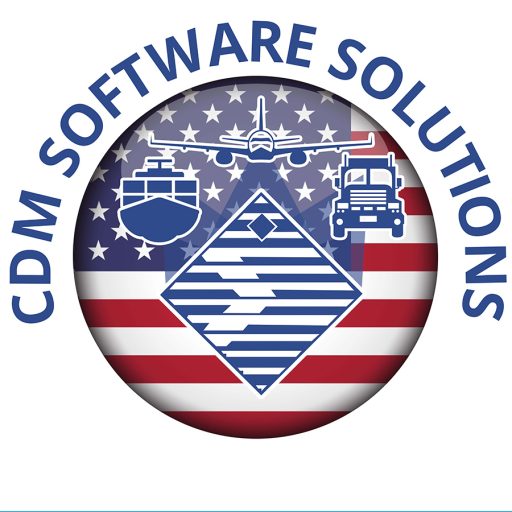In today’s digitized world, the logistics industry has undergone a significant transformation due to the advent of advanced technologies. Among these technologies, logistics software has emerged as a game-changer, streamlining operations, improving efficiency, and enhancing overall supply chain management. However, with the growing reliance on data-driven solutions, the protection of sensitive information has become a paramount concern for businesses and customers alike. In this article, we delve into the essential ways logistics software ensures the security and privacy of your valuable data.
Firstly, logistics software incorporates robust encryption protocols to safeguard sensitive data from unauthorized access and potential cyber threats. Encryption converts data into a coded form, making it unintelligible to unauthorized users. It is an essential security feature that ensures that even if a breach occurs, the information remains inaccessible to those without proper authorization. By adopting encryption standards like AES (Advanced Encryption Standard), logistics software ensures the confidentiality and integrity of your data during transmission and storage.
Logistics software providers employ secure data storage practices to protect valuable information from data breaches or physical damage. Cloud-based solutions, backed by leading cloud service providers like Amazon Web Services (AWS) or Microsoft Azure, offer robust security features such as data redundancy, multi-factor authentication, and encrypted storage. Additionally, these cloud services adhere to stringent industry standards and compliance regulations to ensure the highest level of data protection.
Role-based access control (RBAC) is a fundamental security mechanism employed by logistics software to regulate access to sensitive data. RBAC ensures that only authorized individuals can access specific data based on their roles and responsibilities within the organization. This granular approach minimizes the risk of data leakage or misuse and helps prevent internal security threats.
Logistics software providers are committed to keeping their solutions up-to-date with the latest security patches and updates. Regular maintenance and software upgrades are crucial to fixing vulnerabilities and weaknesses that may arise due to evolving cybersecurity threats. By ensuring that the software is current, businesses can mitigate potential risks and keep their data shielded from emerging security challenges.
Supply chain operations involve constant data transmission among various stakeholders, including suppliers, manufacturers, carriers, and customers. To ensure data security during transmission, logistics software employs secure communication protocols such as HTTPS, SSL/TLS, and VPNs. These protocols encrypt data as it travels through networks, reducing the risk of interception and unauthorized access.
Adherence to data protection regulations, such as the General Data Protection Regulation (GDPR) in the European Union or the California Consumer Privacy Act (CCPA) in the United States, is of utmost importance for logistics software providers. Compliance with such regulations ensures that businesses prioritize the privacy rights of their customers and handle their data responsibly. By following these rules, logistics software companies demonstrate their commitment to data protection and foster trust among their clientele.
Logistics software has revolutionized the way businesses manage their supply chains and optimize operations. However, with this digital transformation comes the responsibility of safeguarding valuable data from potential threats. By employing advanced encryption protocols, secure data storage practices, role-based access control, regular software updates, and compliance with data protection regulations, logistics software providers ensure the protection and privacy of critical information. This not only enhances the trust between businesses and their customers but also empowers companies to thrive in an increasingly data-driven and interconnected world. As logistics software continues to evolve, so too will its security measures, reinforcing the foundation of trust that underpins the logistics industry’s digital revolution.

